

Introduction:
The Keto diet, short for the ketogenic, is a low carb, high-fat diet that offers numerous health benefits. Studies have shown that diet can help with weight loss and improve overall health. Additionally, the Keto diet may have benefits against diabetes, cancer, epilepsy, and Alzheimer’s disease.
What is the Keto Diet:
The ketogenic diet involves consuming very low amounts of carbohydrates and replacing them with fats. This helps the body burn fat for energy and enters a metabolic state called ketosis. Ketogenic diets can result in significant reductions in blood sugar and insulin levels, leading to various health benefits.
What to Eat on the Keto Diet:
Multiple iterations of the ketogenic diet exist, and your dietary choices vary depending on the type. These include:
Standard Ketogenic Diet (SKD): This diet characterized by very low carbohydrate intake, moderate protein consumption, and high fat content. Typically, it consists of 70% fat, 20% protein, and only 10% carbohydrates.
Cyclical Ketogenic Diet (CKD): In this diet, there are intervals where you consume more carbohydrates, like 5 days of following a ketogenic eating pattern followed by 2 days of consuming higher amounts of carbs.
Targeted Ketogenic Diet (TKD): With this diet, you have the flexibility to incorporate carbohydrates around your workout sessions.
High-Protein Ketogenic Diet: This resembles a standard ketogenic diet but with a higher protein content. The ratio typically consists of 60% fat, 35% protein, and 5% carbohydrates.
However, most research has looked at the standard and high-protein ketogenic diets. The cyclical or targeted ketogenic diets are seen as more advanced and are mainly used by bodybuilders or athletes.
The details in this article mainly talk about the standard ketogenic diet (SKD), but many of the same ideas also apply to the other types.
What is Ketosis?
Ketosis is process when your body switches to using fat as its primary fuel instead of relying on blood sugar (glucose), which is its usual energy source.
Following a ketogenic diet is the most effective way to reach ketosis. Typically, this means limiting carb intake to about 20 to 50 grams per day and focusing on consuming fats from sources like meat, fish, eggs, nuts, and healthy oils.
It’s important to also watch your protein intake because too much protein can be converted into glucose, which might slow down your transition into ketosis. Trying intermittent fasting could speed up the process of getting into ketosis. Intermittent fasting involves eating during an 8-hour window and fasting for the remaining 16 hours each day.
Can the keto diet help in weight loss?
Yes, the keto diet is effective for weight loss and reducing the risk of disease. Research suggests that it can be as effective as a low-fat diet for weight loss. What’s remarkable is that the diet is so satisfying that you can shed pounds without needing to count calories or meticulously track your food intake.
A review of 13 studies discovered that following a very low-carb, ketogenic diet was slightly better for long-term weight loss compared to a low-fat diet. Those on the keto diet lost about 2 pounds (0.9 kg) more on average than those on a low-fat diet. Additionally, it resulted in lower diastolic blood pressure and triglyceride levels.
Another study involving 34 older adults revealed that participants who followed a ketogenic diet for 8 weeks lost almost five times as much total body fat as those on a low-fat diet.
The increased production of ketones, along with lower blood sugar levels and enhanced insulin sensitivity, likely contribute to the diet’s effectiveness.
What are the other benefits of the keto diet?
Originally, the ketogenic diet was developed as a treatment for neurological conditions like epilepsy. However, studies now indicate that the diet may offer advantages for various health issues:
Heart disease: The keto diet can help improve risk factors such as body fat, HDL (good) cholesterol levels, blood pressure, and blood sugar.
Cancer: Researchers are investigating the diet as a potential adjunctive therapy for cancer because it may impede tumor growth.
Alzheimer’s disease: The keto diet could alleviate symptoms and slow the progression of Alzheimer’s disease.
Epilepsy: Evidence suggests that the ketogenic diet can significantly reduce seizures in children with epilepsy.
Parkinson’s disease: While more research is needed, a study indicated that the diet may ameliorate symptoms of Parkinson’s disease.
Polycystic ovary syndrome (PCOS): By reducing insulin levels, the keto diet may alleviate symptoms associated with PCOS.
Brain injuries: Preliminary research hints at the diet’s potential to enhance outcomes following traumatic brain injuries.
However, it’s important to note that much of the research in these areas is still inconclusive.
Food to avoid on Keto diet
Any foods high in carbs should be limited on a ketogenic diet. Here’s a list of foods that should be reduced or avoided:
- Sugary foods: soda, fruit juice, smoothies, cake, ice cream, candy, etc.
- Grains or starches: wheat-based products, rice, pasta, cereal, etc.
- Fruits: with the exception of small portions of berries like strawberries
- Beans or legumes: peas, kidney beans, lentils, chickpeas, etc.
- Root vegetables and tubers: potatoes, sweet potatoes, carrots, parsnips, etc.
- Low-fat or diet products: low-fat mayonnaise, salad dressings, and condiments
- Some condiments or sauces: barbecue sauce, honey mustard, teriyaki sauce, ketchup, etc.
- Unhealthy fats: processed vegetable oils, mayonnaise, etc.
- Alcohol: beer, wine, liquor, mixed drinks
- Sugar-free diet foods: sugar-free candies, syrups, puddings, sweeteners, desserts, etc.
Food to eat on Keto diet
Here are the foods you can eat on the keto diet:
- Meat: such as red meat, steak, ham, sausage, bacon, chicken, and turkey
- Fatty fish: including salmon, trout, tuna, and mackerel
- Eggs: opt for pastured or omega-3 whole eggs
- Butter and cream: choose grass-fed butter and heavy cream
- Cheese: enjoy unprocessed cheeses like cheddar, goat, cream, blue, or mozzarella
- Nuts and seeds: such as almonds, walnuts, flaxseeds, pumpkin seeds, chia seeds, etc.
- Healthy oils: like extra virgin olive oil, and avocado oil
- Avocados: indulge in whole avocados or freshly made guacamole
- Low carb veggies: including green veggies, tomatoes, onions, peppers, etc.
- Condiments: use salt, pepper, herbs, and spices to enhance flavor
It’s advisable to center your meals around whole, single-ingredient foods for the best results on the keto diet.
Healthy Keto Snacks
For healthy keto snacks to curb hunger between meals, consider these options:
- Cheese
- Fatty meat or fish
- Olives
- A handful of nuts or seeds
- Keto sushi bites
- One or two hard-boiled or deviled eggs
- 90% dark chocolate
- Keto-friendly snack bars
- Full-fat Greek yogurt mixed with nut butter and cocoa powder
- Strawberries and plain cottage cheese
- Bell peppers and guacamole
- Beef jerky
- Celery with salsa and guacamole
- Smaller portions of leftover meals
Tips and Tricks of Keto diet
Here are some helpful keto tips and tricks to make starting and maintaining the ketogenic diet easier:
- Familiarize yourself with food labels to understand the fat, carb, and fiber content of your favorite foods.
- Plan your meals in advance to save time during the week and ensure you stay on track.
- Explore keto-friendly recipes and meal ideas from websites, food blogs, apps, and cookbooks to create a customized menu.
- Consider using meal delivery services that offer keto-friendly options for quick and convenient meals at home.
- Keep healthy frozen keto meals on hand for busy days when cooking from scratch isn’t feasible.
- When attending social gatherings or visiting friends and family, bring your own keto-friendly food to help resist temptations and stick to your meal plan.
Tips for eating out on a ketogenic diet
Here are some tips for dining out while following a ketogenic diet:
- Choose meat or fish-based dishes and substitute high-carb foods with extra vegetables.
- Opt for egg-based meals like omelets or eggs with bacon.
- Enjoy bun-less burgers and replace fries with vegetables. Consider adding extra avocado, cheese, bacon, or eggs.
- At Mexican restaurants, select any meat dish with extra cheese, guacamole, salsa, and sour cream.
- For dessert, request a mixed cheese board or berries with cream.
Side effects and how to minimize them
While the ketogenic diet is generally safe for most healthy individuals, there may be some initial side effects as your body adjusts to this eating regimen.
Some people may experience what is often referred to as the “keto flu,” which typically subsides within a few days. Symptoms may include diarrhea, constipation, vomiting, poor energy levels, mental fog, increased hunger, sleep disturbances, nausea, digestive discomfort, and decreased exercise performance.
To minimize these effects, consider starting with a regular low-carb diet for the first few weeks to help your body adapt to burning more fat before completely eliminating carbs.
Additionally, the ketogenic diet can alter your body’s water and mineral balance, so increasing your salt intake or taking mineral supplements may be beneficial. It’s advisable to consult with your doctor regarding your specific nutritional needs.
During the initial phases, it’s essential to eat until you feel satisfied and avoid overly restricting calories. Typically, a ketogenic diet facilitates weight loss without the need for intentional calorie reduction.
Are there any risks with the keto diet?
While the keto diet offers benefits, there are potential risks associated with long-term adherence. These may include:
- Low protein levels in the blood.
- Accumulation of excess fat in the liver.
- Formation of kidney stones.
- Deficiencies in essential micronutrients.
It’s important to note that individuals taking a type of medication known as sodium-glucose cotransporter 2 (SGLT2) inhibitors for type 2 diabetes may be at an increased risk of developing diabetic ketoacidosis—a serious condition characterized by elevated blood acidity—when following the keto diet. Hence, those on such medications should avoid the keto diet.
Further research is underway to assess the long-term safety of the keto diet. It’s advisable to keep your doctor informed about your dietary choices to receive appropriate guidance and monitoring.
Are there supplements for a keto diet?
While not necessary, some supplements can be helpful.
- MCT oil: Adding it to drinks or yogurt can boost energy and raise ketone levels.
- Minerals: Due to changes in water and mineral balance, adding salt and other minerals may be important.
- Caffeine: It can aid in energy, fat loss, and performance.
- Exogenous ketones: These supplements may elevate ketone levels in the body.
- Creatine: Provides various health and performance benefits, especially when combined with exercise.
- Whey protein: Adding half a scoop to shakes or yogurt can increase daily protein intake.
FAQ’s
Que : Can I ever eat carbs again?
Ans : Yes, but it’s best to limit them initially. After the first few months, you can have carbs on occasion, but return to the diet afterward.
Que : Will I lose muscle on keto?
Ans : There’s a risk, but adequate protein intake and high ketone levels may help minimize muscle loss, especially with weightlifting.
Que : Can I build muscle on keto?
Ans : Yes, but it might not be as effective as on a moderate carb diet.
Que : How much protein can I eat?
Ans : Keep it moderate, around 35% of total calorie intake.
Que : What if I feel tired or weak?
Ans : Adjust your carb intake and consider supplements like MCT oil or ketones.
Que : Why does my urine smell fruity?
Ans : It’s a normal result of ketosis.
Que : Is ketosis dangerous?
Ans : Ketosis on a ketogenic diet is usually safe for healthy people, but ketoacidosis is a dangerous condition. Consult your doctor before starting any new diet.
Que : What’s the difference between keto and ketogenic?
Ans : They’re the same thing, just different terms.
Que : How much weight can I lose in a week on keto?
Ans : The initial weight loss is usually water weight, but it can vary from 1 to 10 pounds or more.
Que : Is keto good or bad for you?
Ans : It can be beneficial for weight loss, diabetes, and metabolic health, but may not be suitable for everyone, such as elite athletes or those with specific goals. Consult with your doctor to see if it’s right for you.
Read more:
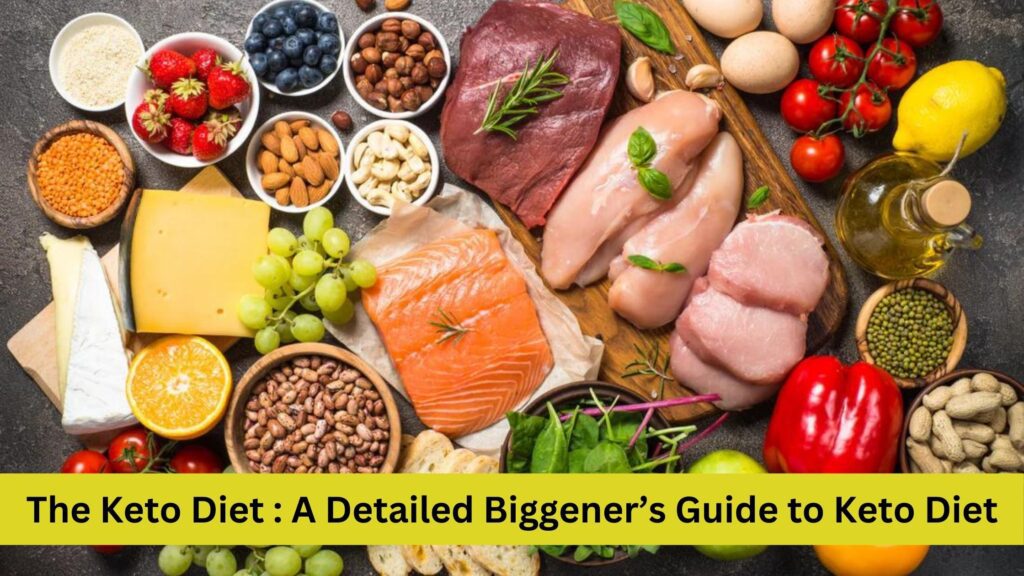
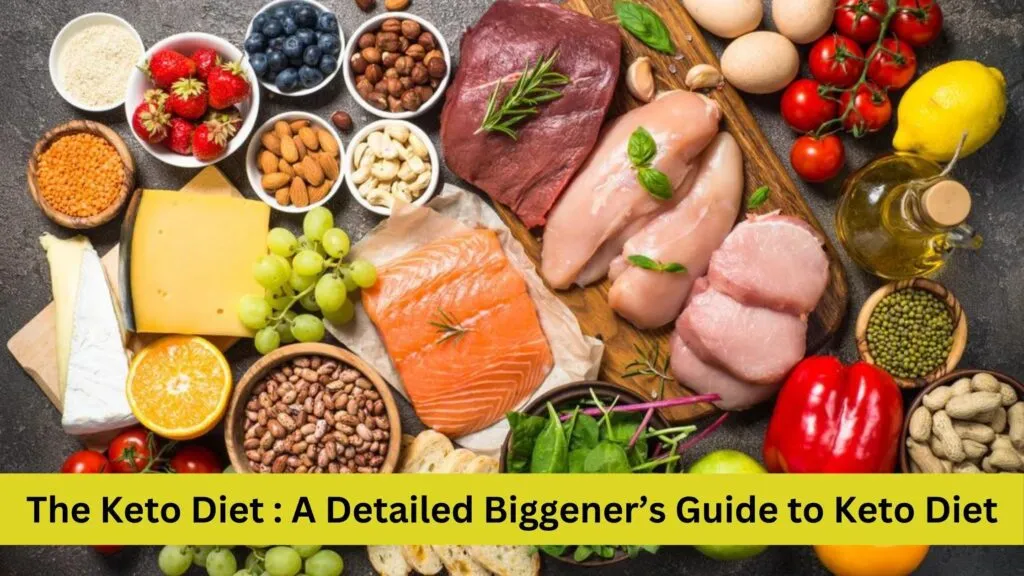
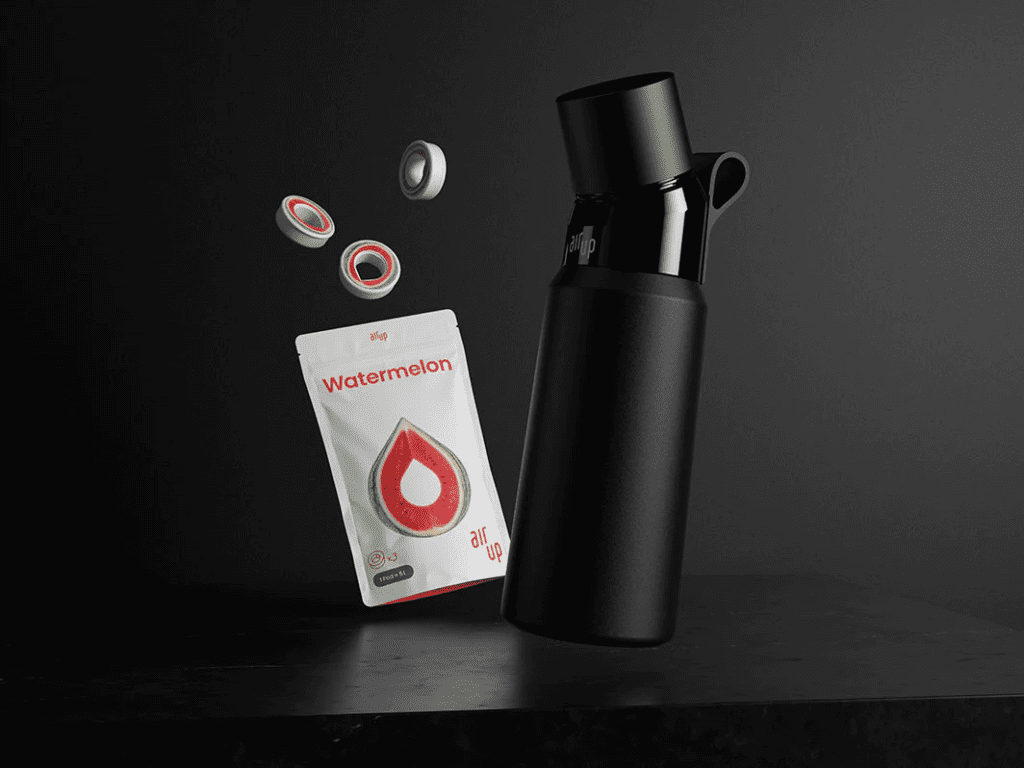
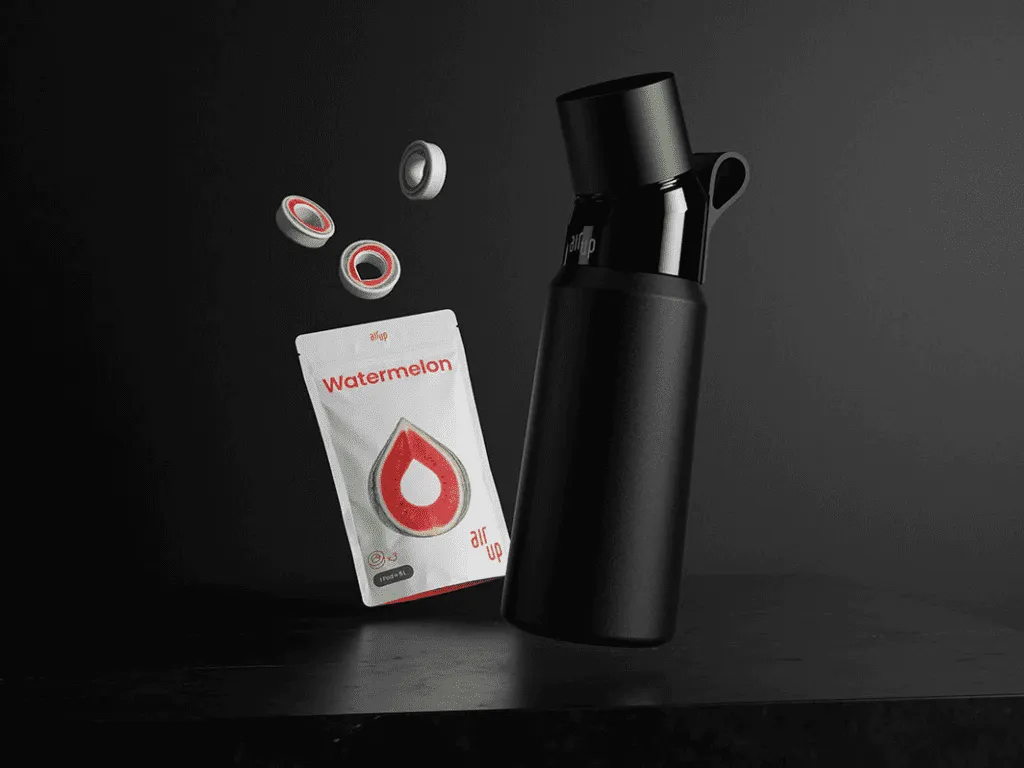


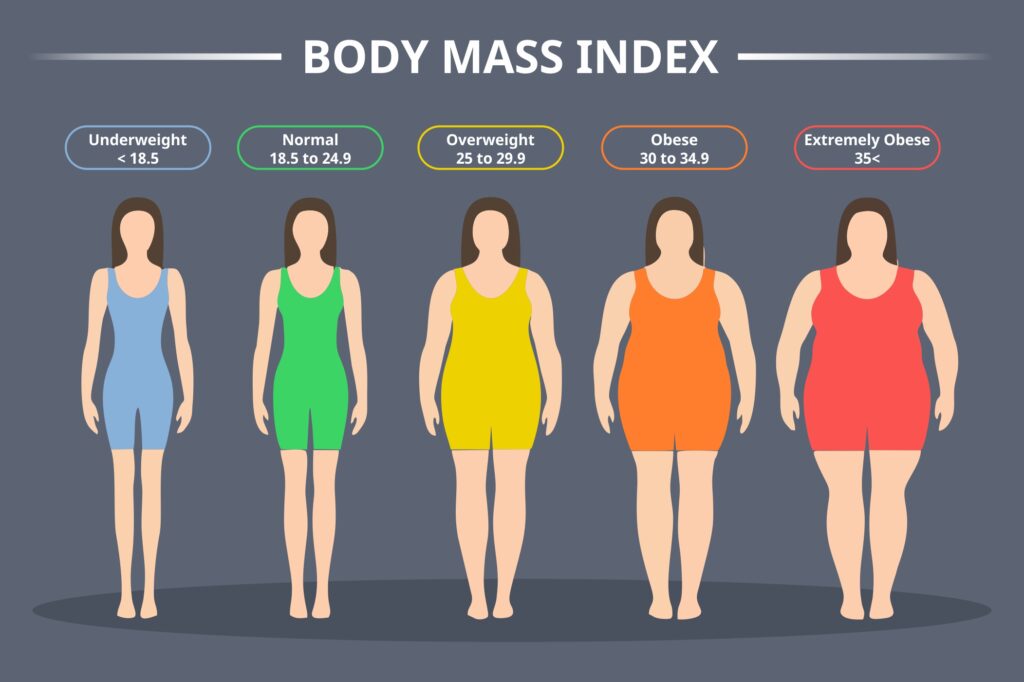
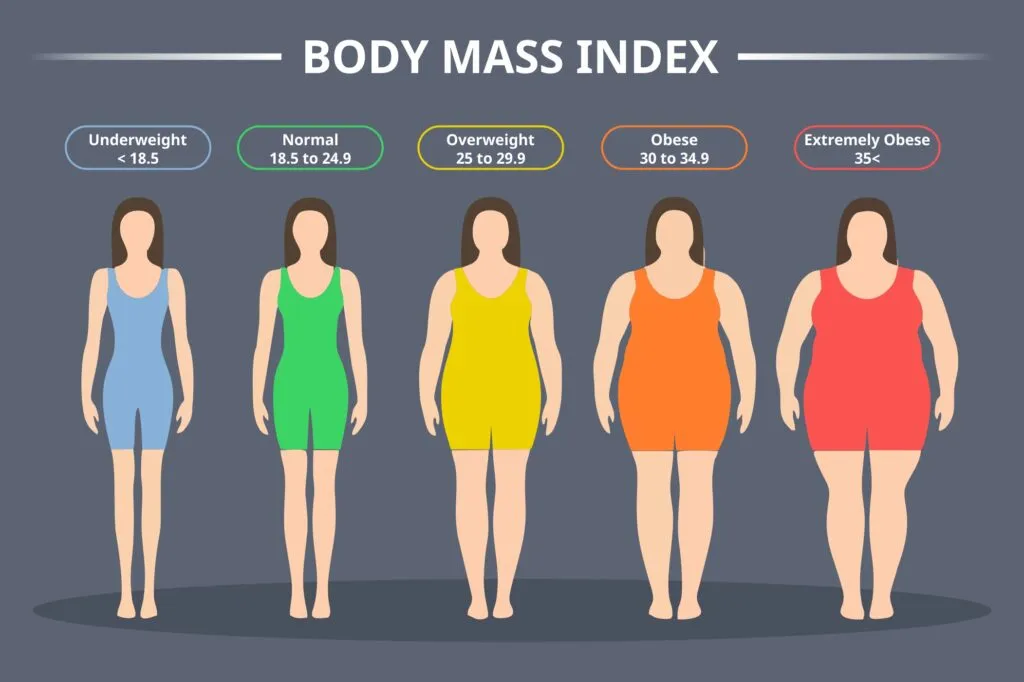




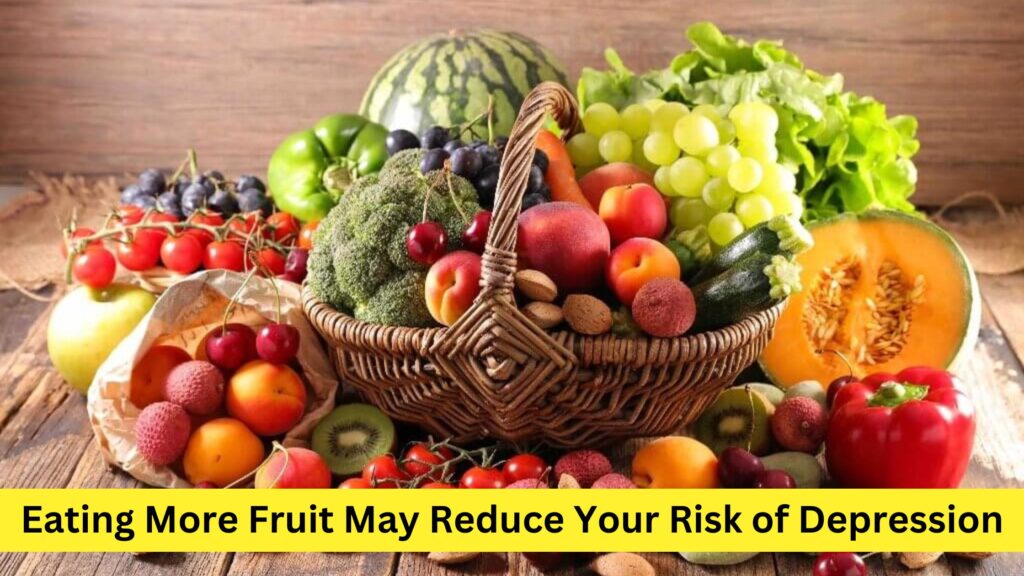
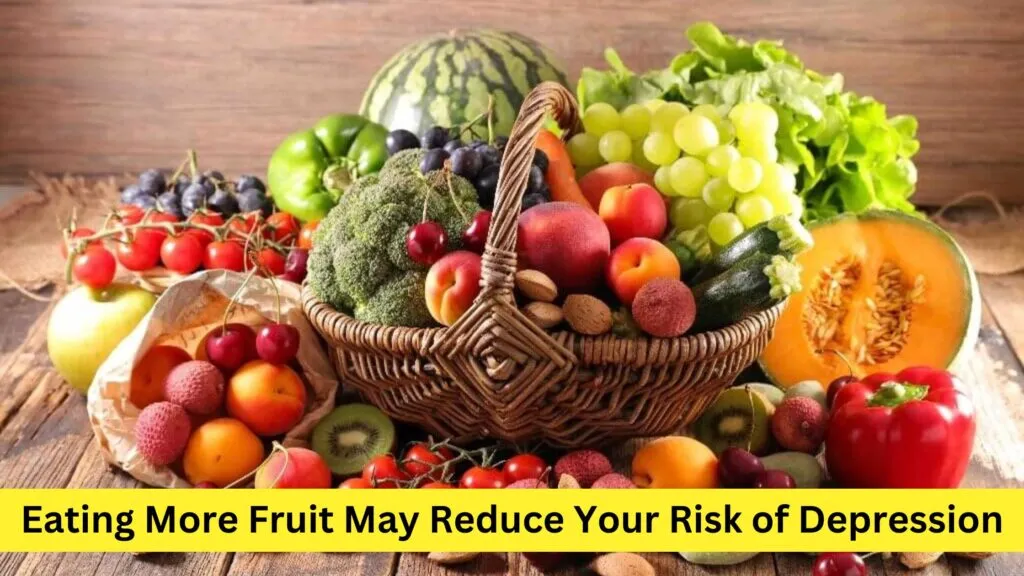
Pingback: Ricki Lake Weight loss : "You Won't Believe How Ricki Lake Lost 30 Pounds!" -